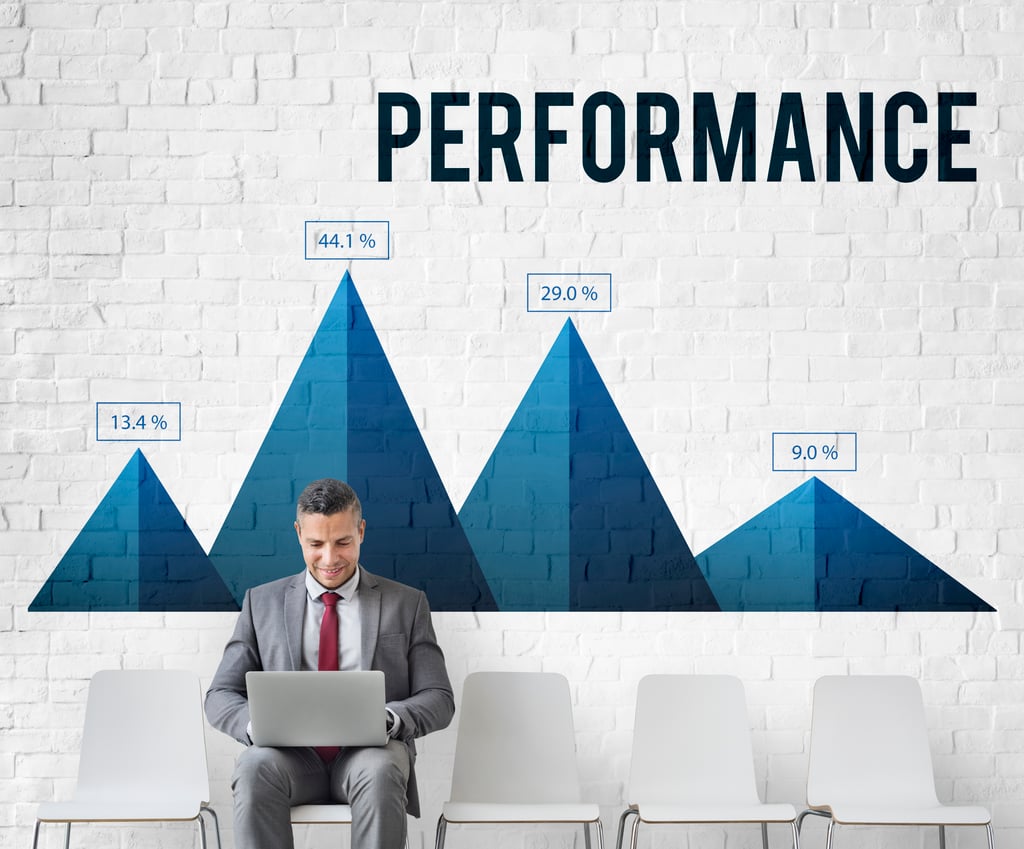Supplier Performance Management Software: Enhancing Supplier Relationships and Operational Efficiency

Effective supplier performance management is a cornerstone of a successful supply chain strategy. By leveraging supplier performance management software, organizations can monitor, evaluate, and optimize supplier relationships, ensuring operational efficiency and compliance. These tools, combined with supplier information management software, provide a comprehensive solution for managing supplier data and performance metrics.
This guide explores the features, benefits, and best practices of supplier performance management software, offering insights into how it supports procurement teams and overall business objectives.
What is Supplier Performance Management Software?
Supplier performance management software is a digital solution that enables businesses to monitor and evaluate their suppliers’ performance based on predefined metrics. These platforms streamline the process of assessing suppliers’ quality, delivery, compliance, and cost-effectiveness.
When integrated with supplier information management software, supplier performance software provides a centralized platform for managing all aspects of supplier relationships.
Why Supplier Performance Management Matters
Effective supplier performance management is critical for achieving operational excellence and maintaining a resilient supply chain. Here’s why it matters:
- Improved Quality: Ensures suppliers meet quality standards consistently.
- Risk Mitigation: Identifies and addresses potential risks proactively.
- Cost Optimization: Enhances cost efficiency by monitoring and negotiating supplier contracts.
- Compliance Assurance: Ensures adherence to industry regulations and company policies.
Key Features of Supplier Performance Management Software
A robust supplier performance management software solution offers a range of features that simplify and enhance supplier oversight.
Performance Metrics and Dashboards
Track supplier performance with customizable dashboards that display real-time metrics, such as:
- Delivery timelines and reliability
- Quality of goods or services
- Cost-effectiveness and pricing accuracy
Compliance Monitoring
Ensure suppliers adhere to industry and contractual standards with tools that:
- Track certifications and regulatory compliance
- Alert for expired documents or non-compliance risks
- Integrate with supplier management software for detailed reports
Supplier Scorecards
Supplier scorecards provide a clear, quantitative evaluation of supplier performance, helping organizations:
- Compare suppliers across standardized criteria
- Identify top-performing vendors
- Highlight areas for improvement
Data Integration with Supplier Information Management Software
Integration with supplier information management software ensures seamless access to supplier data, including:
- Contact information and certifications
- Historical performance records
- Risk assessments
Benefits of Using Supplier Performance Management Software
Implementing supplier performance software offers numerous benefits for procurement teams and overall business operations.
Improved Decision-Making
Access to real-time data and analytics allows businesses to make informed decisions about supplier relationships.
Enhanced Supplier Relationships
By providing clear feedback and areas for improvement, businesses can build stronger, more collaborative partnerships with suppliers.
Cost Savings
Optimizing supplier performance leads to better pricing, reduced errors, and improved efficiency, ultimately saving costs.
Risk Reduction
Proactive monitoring and compliance tracking minimize the risks associated with supplier non-performance or regulatory issues.
How Supplier Performance Management Software Works
Supplier performance management software simplifies the complex task of evaluating and improving supplier relationships. Here’s an overview of how it works:
Data Collection
The software collects data from multiple sources, such as ERP systems, supplier portals, and manual entries, to create a comprehensive view of supplier performance.
Analysis and Scoring
Advanced analytics tools process the data to score suppliers against predefined metrics, such as delivery timelines, quality standards, and compliance.
Reporting and Insights
Customizable reports and dashboards provide actionable insights, enabling procurement teams to address issues and capitalize on opportunities.
Integrating Supplier Management Software
Combining supplier performance management software with supplier management software offers a unified platform for managing all aspects of supplier relationships. Integration provides:
- A centralized repository for supplier information and performance data
- Automated workflows for compliance and contract management
- Advanced analytics for comprehensive supply chain insights
Steps to Implement Supplier Performance Software
Successfully implementing supplier performance management software involves several critical steps:
Assess Business Needs
Identify the specific challenges and objectives the software needs to address, such as improving delivery times or ensuring compliance.
Choose the Right Software
Evaluate different solutions based on their features, scalability, and integration capabilities.
Train Teams and Suppliers
Provide training to internal teams and suppliers to ensure effective adoption of the software.
Monitor and Optimize
Regularly review the software’s performance and make adjustments to maximize its effectiveness.
Supplier Performance Best Practices
To maximize the value of your supplier performance management software, consider these best practices:
Define Clear Metrics
Establish measurable, relevant criteria for evaluating supplier performance, such as on-time delivery and defect rates.
Foster Collaboration
Engage suppliers in the performance evaluation process, encouraging transparency and continuous improvement.
Automate Where Possible
Leverage the software’s automation features to streamline data collection, compliance tracking, and reporting.
Monitor Continuously
Regularly review supplier performance metrics to identify trends and address issues promptly.
Future Trends in Supplier Performance Management
The supplier performance management landscape is evolving, with new technologies and practices shaping its future. Key trends include:
AI and Machine Learning Integration
AI-powered tools are enhancing supplier performance management by predicting risks and optimizing decision-making processes.
Blockchain for Transparency
Blockchain technology is providing a secure, transparent way to track supplier compliance and performance metrics.
Sustainability and ESG Metrics
Organizations are increasingly incorporating Environmental, Social, and Governance (ESG) criteria into their supplier performance evaluations.
Supplier performance management software is essential for building a resilient, efficient, and compliant supply chain. By integrating advanced tools and adhering to best practices, businesses can strengthen supplier relationships, reduce risks, and achieve long-term success. Combining these platforms with supplier information management software ensures a comprehensive approach to supplier oversight, positioning businesses for future growth and operational excellence.
